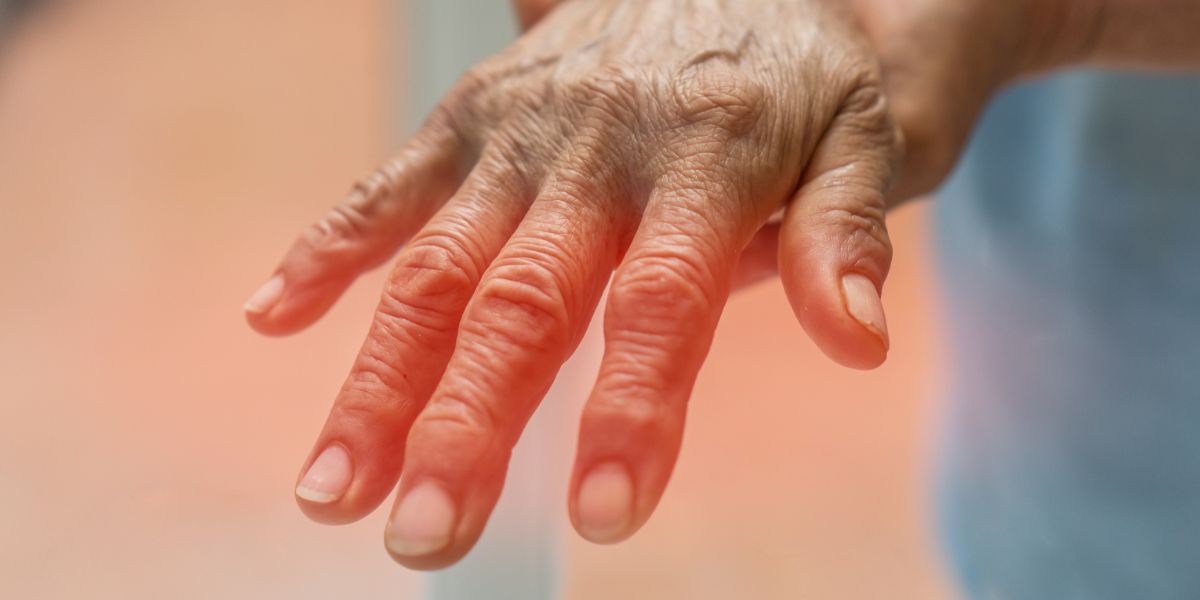Individuals can maintain and increase their muscle mass by regularly completing short bouts of physical activities throughout the day, a new study demonstrates.
Researchers from the University of Toronto have found that walking for as little as two minutes between long periods of sitting and after mealtimes creates more amino acids, which goes on to strengthen muscle proteins.
Senior author Professor Daniel Moore said: “We know that prolonged sedentary periods impair the body’s ability to filter sugar from the blood following a meal. However, breaking up this sedentary period with brief bouts of activity such as two minutes of moderate intensity walking or rising and lowering 15 times from a chair (i.e. body weight squats), can improve the way our body clears sugar from our meals.”
- Study finds getting 8,200 steps a day reduces risk of high blood pressure, sleep apnoea and depression
- Liverpool resident who reversed a 23-year diagnosis of type 2 diabetes makes national news
Amino acids are the breakdown of food and the building blocks of protein which help to strengthen the muscles.
“This is critical to ensure the body has an adequate quantity and quality of muscle,” said Professor Moore.
During the study, the team of academics examined the muscle mass of 12 adults who took part in physical activities every 30 minutes.
They found that taking part in short bouts of physical activities improves muscle protein synthesis – a naturally occurring metabolic process in which protein is produced to repair muscle damage.
Professor Moore said: “This is significant because prolonged periods of low muscle activity – from sitting, wearing a cast or bed rest – is associated with a loss of muscle mass that occurs in parallel with, or because of, an inability of our muscle to build new proteins after we eat a protein-containing meal.
“Our results highlight the importance of breaking up prolonged sedentary periods with brief activity snacks.”
He added: “We believe they also highlight that moving after we eat can make our nutrition better and could allow more dietary amino acids from smaller meals or lower quality types of protein to be used more efficiently.”
The full set of results can now be accessed in the Journal of Applied Physiology






